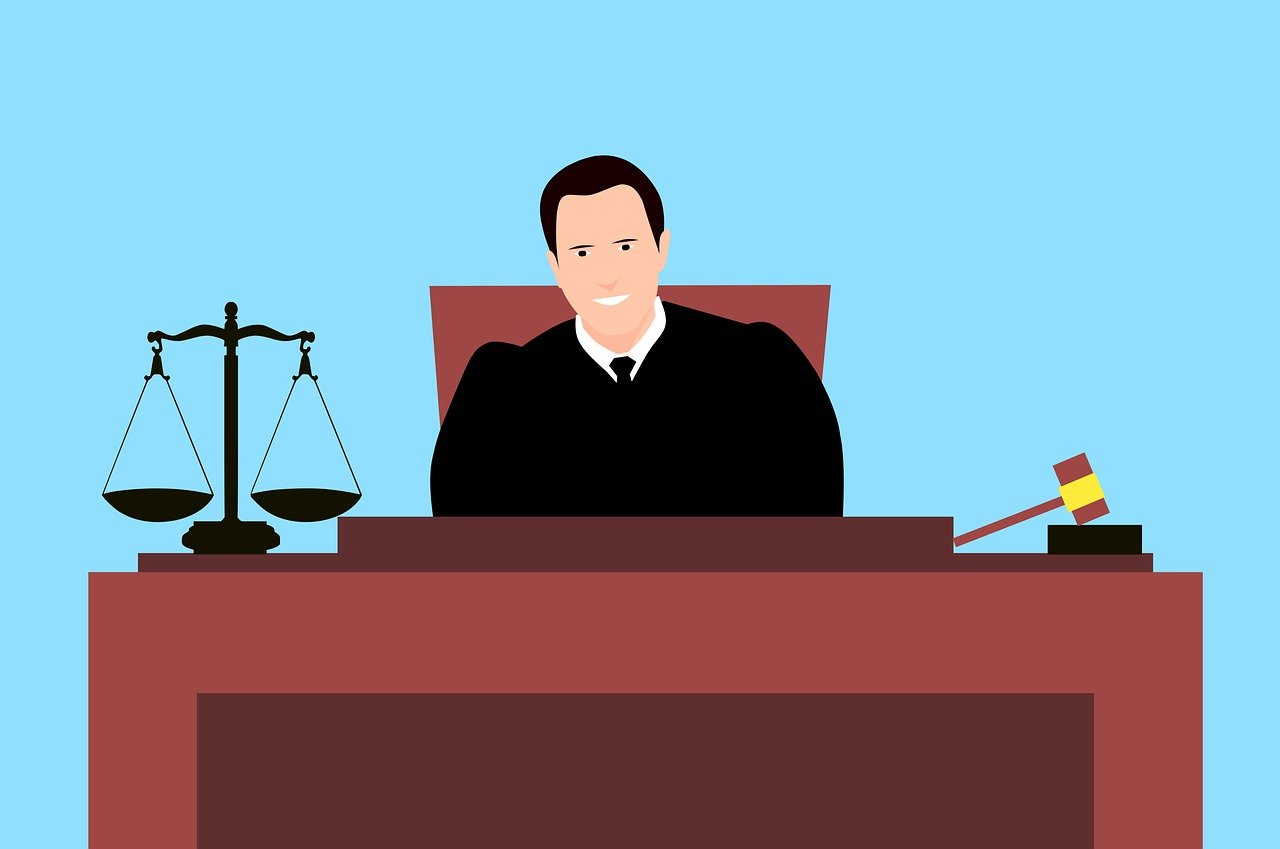Property ownership is a cornerstone of personal and financial security. Whether it’s your home, business premises, or land investment, protecting your property rights is crucial in the face of disputes, damage, or violations. When those rights are challenged, legal action may become necessary to secure your interests and obtain compensation. This article explores how to safeguard your property rights through legal measures, how the law supports these efforts, and what steps to take when problems arise.
Understanding Property Rights
Property rights refer to the legal ownership and control of land, buildings, or personal property. These rights encompass the ability to use, sell, lease, or exclude others from your property. In legal terms, property rights fall into several categories:
- Real property: Includes land and anything permanently attached to it, such as buildings.
- Personal property: Refers to movable items like vehicles, furniture, and electronics.
- Intellectual property: Encompasses creations of the mind such as patents or trademarks.
Legal protections vary depending on the property type and jurisdiction, but common rights include the right to quiet enjoyment, freedom from trespass, and protection from unlawful seizure or damage.
Common Threats to Property Rights
Several issues can put property rights at risk. Being able to identify and respond to these threats is essential:
1. Trespass and Nuisance
Unlawful entry or interference with your property can give rise to trespass or nuisance claims. These actions can range from neighbors building on your land without permission to companies improperly accessing private property for business purposes.
2. Damage Due to Negligence or Natural Events
Whether it’s a neighbor’s faulty construction causing structural issues or a storm that leads to flooding due to improperly maintained city drainage, property damage can result from both human and environmental causes.
3. Zoning and Eminent Domain Disputes
Sometimes, the government or a municipality may rezone an area or claim your land for public use. While eminent domain is legal under certain conditions, owners must be justly compensated, and disputes can be settled in court if necessary.
Legal Remedies to Protect Your Property
If your property rights are threatened or violated, legal action can help protect or restore those rights. Below are the main avenues available:
Filing a Civil Lawsuit
Civil lawsuits are a common method for property owners to seek compensation or enforce their rights. These suits might involve:
- Boundary disputes
- Breach of lease or rental agreements
- Construction defects
- Unauthorized use of land or property
A successful claim often requires clear documentation, including deeds, surveys, photographs, and witness statements.
Seeking Injunctive Relief
In some situations, monetary compensation is insufficient. Courts can issue injunctive relief, a legal order to stop a party from continuing a harmful action—such as preventing a neighbor from continuing an illegal encroachment.
Using Small Claims Court
For relatively minor disputes, small claims court offers a cost-effective option. These courts handle lower-dollar cases and are less formal, making them ideal for quick resolutions. For more information about this process, consult this helpful guide on small claims court.
Working with a Property Damage Lawyer
One of the most important decisions you can make when your property is damaged is hiring a qualified attorney. A lawyer can help assess the extent of your damages, collect evidence, negotiate with insurance companies, and file necessary court actions.
If you’re facing serious property-related losses from storms, construction accidents, or neighbor disputes, a property damage lawyer in Houston can offer valuable support and increase your chances of success in court.
Premises Liability and Misconceptions
Many property owners assume they’re fully liable for anything that happens on their land—but that’s not always true. Premises liability law clarifies responsibility in accidents like slips and falls, and the property owner may not always be at fault. It’s essential to distinguish fact from fiction when it comes to these cases.
To better understand common misconceptions about liability and property ownership, check out this article.
How to Document Property Damage and Violations
Your success in legal proceedings often depends on how well you document the issue. Consider the following steps:
Take Immediate Photos and Video
Capture detailed images and videos of the damage from multiple angles and at different times. This provides a visual timeline that can be critical in court.
Collect Relevant Paperwork
Include deeds, tax records, past repair receipts, communications with insurance companies, and any relevant municipal documents that might affect your case.
Obtain Witness Statements
If neighbors, workers, or others observed the damage or conflict, written statements can serve as persuasive supporting evidence.
Insurance Claims and Legal Representation
Before filing a lawsuit, property owners often start by submitting a claim to their insurance company. Unfortunately, these claims may be delayed or denied, even when valid. Working with an attorney during the insurance claims process can help prevent unnecessary denials and ensure you’re properly compensated.
Preventing Future Property Disputes
While legal action is necessary in many cases, it’s also important to take proactive steps to protect your property rights:
- Conduct regular property inspections.
- Clearly mark boundary lines with fences or signage.
- Maintain records of all improvements and changes.
- Consult with a lawyer before signing property-related contracts.
- Purchase adequate insurance coverage and review policies annually.
When to Take Legal Action
Knowing when to take legal action is just as important as knowing how. Consider moving forward legally when:
- There is clear evidence of property damage or violation.
- You’ve attempted to resolve the issue informally but without success.
- Your insurance claim has been unjustly denied.
- The financial impact is significant and affects your livelihood.
Conclusion
Property rights are foundational to stability and long-term investment. Whether you’re facing damage, trespassing, or a legal dispute, taking swift legal action can protect your interests and ensure fair treatment under the law. By understanding your rights, documenting incidents thoroughly, and seeking qualified legal counsel, you can navigate the challenges of property ownership with confidence.
Remember, each case is unique, and while general resources and myth-busting legal articles are helpful, having the right legal partner makes a critical difference in protecting what’s yours.





